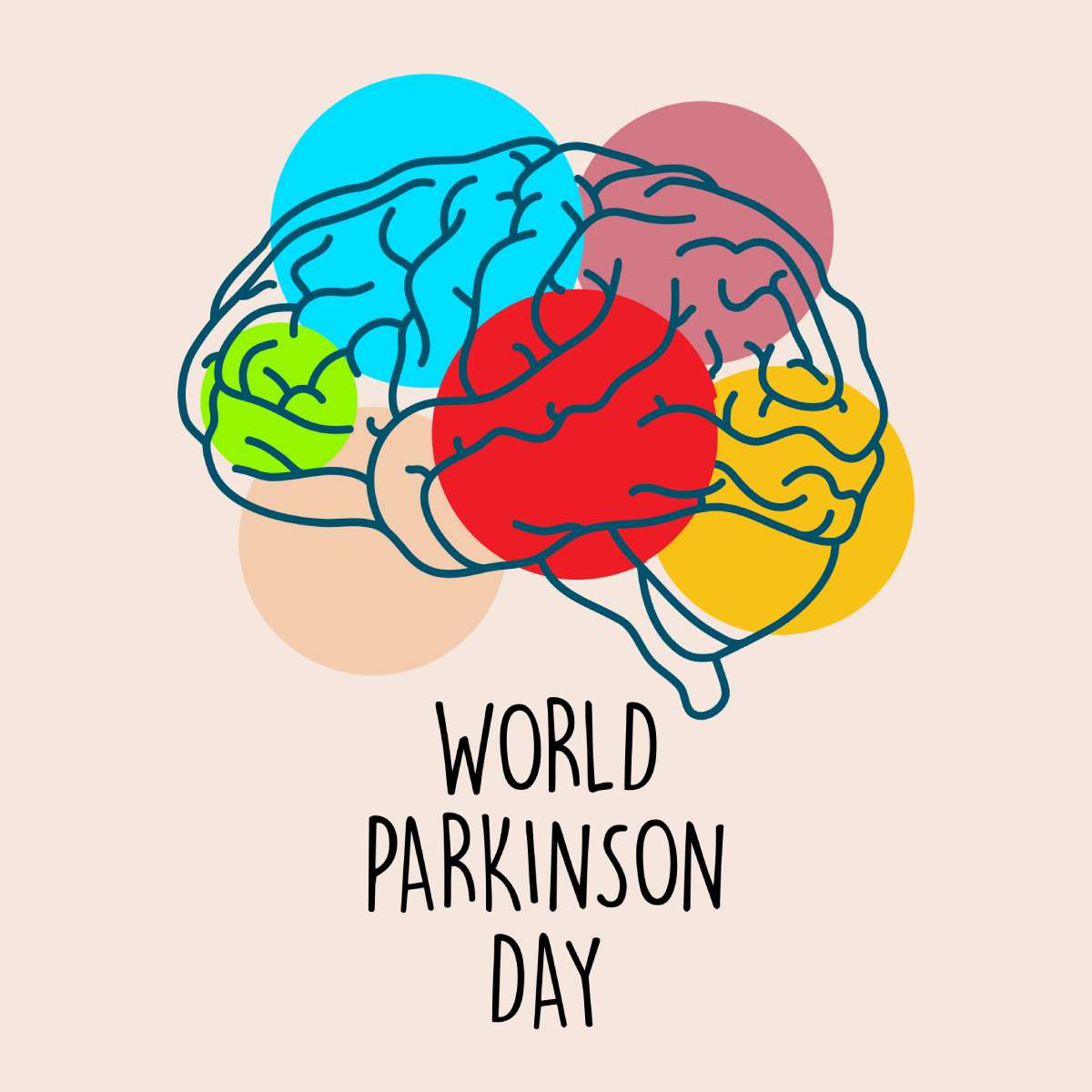World Parkinson's Day: Celebrating And Supporting Seniors With Parkinson's

Observing World Parkinson's Day is crucial for enhancing awareness and comprehension of Parkinson's Disease, a neurodegenerative condition that mainly impacts older adults. This special day is not only a moment to acknowledge the resilience of individuals living with Parkinson's but also to underline the vital role that family, community, and medical support play. Through this recognition, the article delves into ways we can significantly better the lives of elderly individuals afflicted by this disease, aiming to ensure they enjoy life as rewarding as possible despite the hurdles this illness brings.
Understanding Parkinson's Disease
Parkinson's Disease is a progressive neurological disorder that primarily affects movement, causing symptoms such as tremors, stiffness, and balance issues. It results from the degeneration of neurons in a region of the brain called the substantia nigra, which leads to a decrease in dopamine, a neurotransmitter essential for regulating the body's movements and coordination.
Symptoms can vary significantly among individuals, and the progression of the disease can be slow, with many people living for years with the condition. In addition to physical symptoms, Parkinson's can also impact mental and emotional health, leading to challenges such as depression and anxiety. Understanding Parkinson's is crucial for providing the right support and care for those affected, as it enables caregivers and loved ones to empathize with the unique struggles faced by individuals living with this condition.
Supporting Through Specialized Care
Offering the right support to seniors with Parkinson's involves understanding their unique care needs. Specialized care plans, including physical therapy, occupational therapy, and speech therapy, can play a critical role in managing symptoms. Physical therapy helps maintain mobility and balance, occupational therapy assists in adapting daily activities, and speech therapy addresses the challenges with speaking and swallowing. Families and caregivers must be educated and involved in these care strategies to provide the best possible support.
Enhancing Daily Living
Improving the daily lives of seniors with Parkinson's extends beyond medical treatment; it encompasses making their environment more accessible and fostering a supportive community. Simple home modifications, such as installing grab bars in bathrooms, using non-slip mats, and ensuring adequate lighting, can significantly reduce the risk of falls. Additionally, encouraging participation in gentle exercise programs and social activities can help maintain physical health and combat isolation. Technology also offers innovative solutions, with devices and apps designed to assist with medication management, communication, and routine tasks.
Advocacy and Research
World Parkinson's Day is not only about supporting those currently living with the disease but also about advocating for further research and better healthcare policies. Increased funding for Parkinson's research can lead to breakthroughs in treatment and potentially a cure. Advocacy efforts can also ensure that seniors with Parkinson's have access to the resources and support systems they need, from healthcare services to community programs. By raising awareness, we can foster a more understanding and accommodating society for those affected by Parkinson's.
World Parkinson's Day serves as a reminder of the challenges faced by seniors living with Parkinson's Disease and the importance of our role in supporting them. Through specialized care, enhancing daily living, and advocacy for research and better policies, we can make a significant difference in the lives of those affected. Retirement communities can be invaluable in this effort, offering environments designed to support the well-being and health of seniors with Parkinson's, ensuring they live better and healthier in their golden years.
